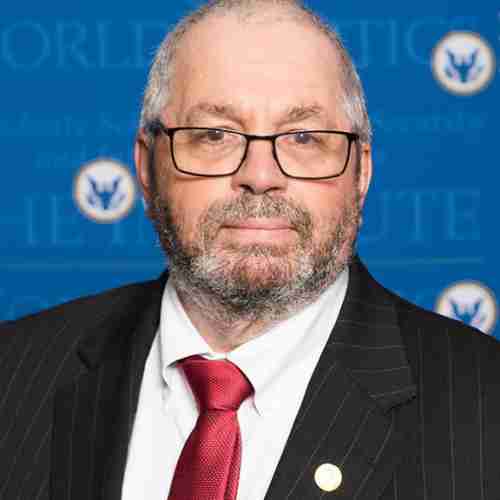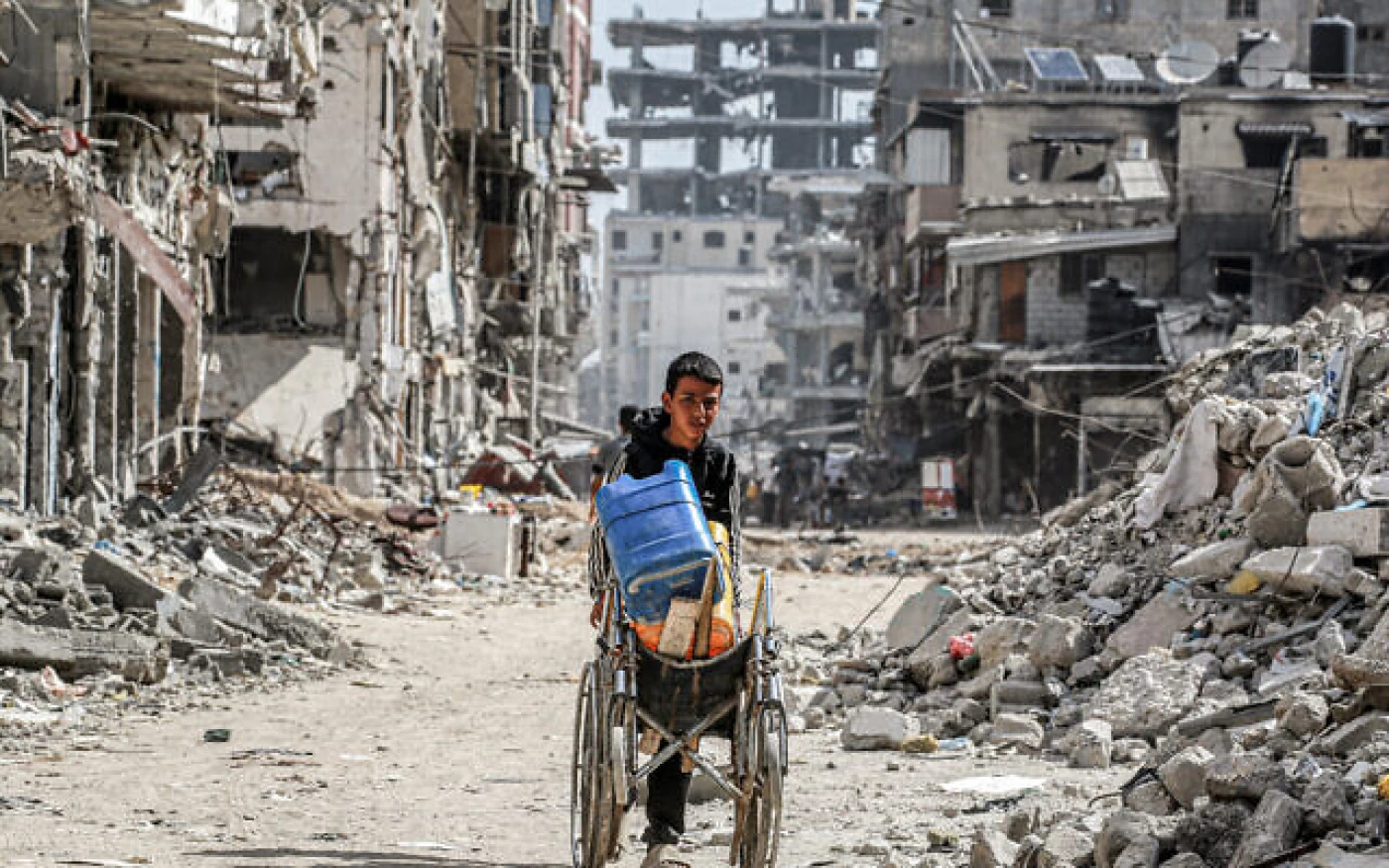The International Criminal Court recently issued arrest warrants for Israeli Prime Minister Benjamin Netanyahu and Israeli Defense Minister Yoav Gallant, along with a Hamas leader who is presumed dead. The court based this on what it said were “reasonable grounds” that Netanyahu bears criminal responsibility for war crimes such as starvation as a means of war and other crimes against humanity. Most of the evidence of crimes comes from information collected by international organizations based on information coming from Hamas, sources such as the Gaza Health Ministry. Most question the veracity of this information. A statement first attributed to Aeschylus, a Greek tragedian who wrote in the 4th century BC, that truth is the first casualty of war. The numbers attributed to the Hamas information have been widely dismissed.
War in Gaza began on October 7, 2023, when Hamas attacked across the border and murdered between 1200 and 1400 Israeli and other citizens and took over 240 hostages. Since Hamas is the government of Gaza, this represents a direct attack on Israel and an act of war. Israel retaliated by attacking Gaza with the intent of rescuing the hostages and dismantling Hamas.
War crimes were established at the end of the 19th century and codified in the 19th and early 20th centuries. These laws were established to protect innocent civilian populations and soldiers doing their duty or as prisoners of war. In the case of war, it is sometimes difficult to separate legitimate acts of war from intentional crimes. A case in point is the claim that Israel is refusing to allow food into Gaza. Since war is going on, the flow of food and medical supplies is slow but has been allowed in. Add to this that Hamas has intercepted what is getting through and diverted it away from the general population to its fighters. How far does a belligerent need to go to ensure an enemy population is fed? By international law, they must ensure that their actions do not starve a population and that supplies are allowed to pass. How is this ensured and how is it determined that the law is followed?
One of the problems, as we said, is that there is no credible evidence of what is happening in Gaza. We have seen the Israeli Defense Force protecting columns of civilians escaping from combat zones and have seen Palestinians in Israeli hospitals receiving medical attention. Yes, we have seen evidence of Israeli soldiers breaking the law. But the big question is how you differentiate normal acts of war against war crimes. War is violent, war is cruel, and war brings out the worst and best in people.
We don’t think there has ever been a war where crimes were not committed. After the Second World War, the Nazis and the Imperial Japanese military command faced war crimes and crimes against humanity charges. What, however, became of the bombing of Dresden or the dropping of atomic bombs on Japan? Could these not have been charged as attacks against civilian targets? The charges brought against Germany and Japan also happened after the end of the war. The United States did charge and convict Lt. William Calley of murdering unarmed South Vietnamese civilians, but that was by court-martial and occurred in an American-controlled area. Slobodan Milošević, who was the President of Serbia and then of Yugoslavia, was charged with crimes stemming from actions during the Bosnian war. After the fall of the Sadam Hussein government, Iraq charged some responsible parties, such as Sadam and Ali Hassan al-Majid (Chemical Ali), with crimes, and they were executed, again after the end of the war.
The current ICC indictment comes during the war and with no attempt to collect direct evidence. This rush to judgment indicates more of a political move than an attempt to enforce justice. We would direct the ICC to look more at the actions of Iraq and Turkey than Israel. If Israel is guilty, wait until the end of the war when true evidence can be collected.
The views expressed in this article are those of the writer and do not necessarily represent the position of The New Region



 Facebook
Facebook
 LinkedIn
LinkedIn
 Telegram
Telegram
 X
X